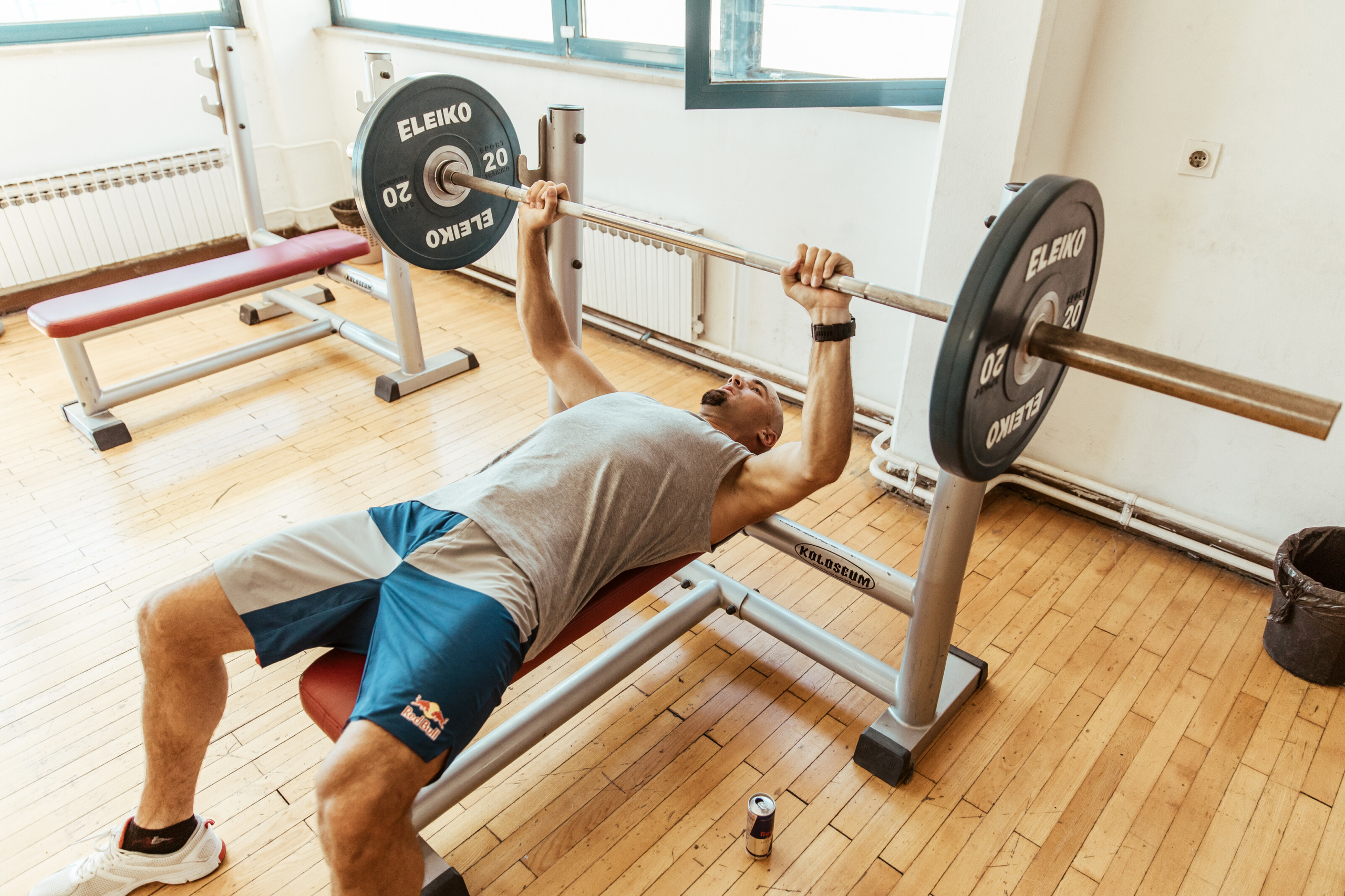Some people think taking a break from training could hinder muscle growth, especially if you take a break for several weeks. This new study yields interesting results that might help you relax a little more if you’re one of those people. Whether you’re sunning yourself on a beach somewhere, lounging at home, or just too busy with the daily hustle and bustle and the unexpected, it turns out that taking a break from training might not be so bad after all. Let’s look at the results of this new study.
The study methods

In this study published in the Scandinavian Journal of Medicine & Science in Sports, the researchers assessed whether taking a break from workouts during a weight training program affected the following:
- Muscle size and strength
- Muscle cross-sectional area
- Maximal strength
- Jump height

55 healthy, untrained adults took part in the study and were split into two groups:
- Group 1 — A continuous training group that participated in 20 consecutive weeks of resistance training.
- Group 2 — A periodic training group that participated in two 10-week training blocks with a 10-week break or ‘detraining period’ in between. The periodic training group didn’t perform resistance training during the 10-week break.
Both groups performed whole-body training sessions twice weekly with exercises like the leg press, bench presses, bicep curls, leg extensions, and seated rows.
The study results

The researchers measured muscle strength, muscle size of the biceps and quads, and jump height every five weeks during training. They also measured these markers following detraining for the periodic training group.
Here are the study results:
- Muscle size: Both groups had noticeable improvements in muscle cross-sectional area of the quads and biceps.
- Muscle strength: Both groups had noticeable improvements in the bicep curl and leg press 1 rep max.
- Jump height: Both groups had noticeable improvements in jump height.
For the periodic training group, during the 10-week detraining period, there was a reduction in both muscle size and strength; however, within the first five weeks of the second training block, they were able to gain the muscle size and strength back. The final results were similar for both groups.
The takeaway

The takeaway from this research is that you can take a well-deserved break and still achieve serious gains and unlock your full potential as long as you get back to it and pick up where you left off. There’s no need to stress or sweat about missing a week or two of training. If holidays, work, sickness, or other life events prevent you from firing up your muscles and hitting the weights that week, or even the next week or the one after that, it won’t be detrimental to muscular strength and size in the long term.




